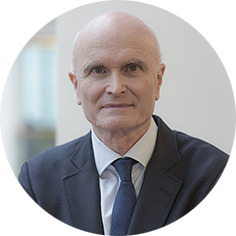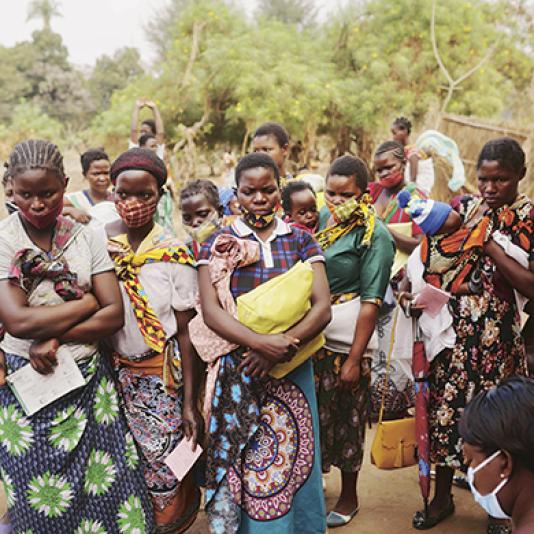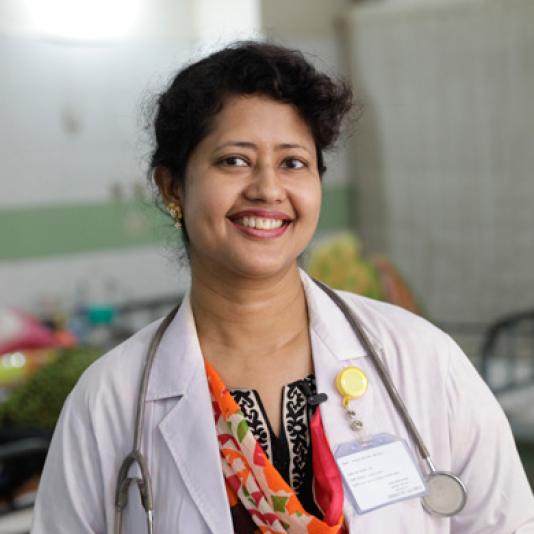Globale Gesundheit
The global shocks created by the coronavirus pandemic have made one thing unmistakably clear: viruses do not respect borders. It follows that we cannot treat health simply as a national or one-dimensional issue. Effective health care systems based on the principle of solidarity are part of the bedrock of a stable global order and a key ingredient of sustainable and equitable development. Only a clear yes to international cooperation can bring about the progress needed for us to deal effectively with the dramatic consequences of the pandemic and achieve the goals of the 2030 Agenda.
Currently, the focus is on vaccination and diagnosis. Looking back, Germany has supported numerous global vaccination campaigns against poverty-related infectious diseases such as HIV/AIDS, malaria, tuberculosis and polio. The German Government is providing EUR 2.2 billion to help fund pandemic response measures around the world. Most of that funding supports the COVAX platform, which procures and finances vaccines for developing countries. At the same time, worldwide demand for the COVID-19 testing expertise of Germany’s Epidemic Preparedness Team (SEEG) has been unprecedented. Building on their existing contacts and wide-ranging experience, GIZ and its partners have been able to offer assistance in Asia, Africa and Latin America.

people will have to receive two vaccination shots to end
the COVID-19 pandemic, the WHO estimates.
GIZ has long supported the efforts of many partner countries and organisations to strengthen local health systems, for example by providing innovative digital tools for use in vaccination and disease management, helping to expand neonatal wards, teaching children about basic hygiene and organising courses for health workers. Increasingly, the emphasis here is on a holistic, interdisciplinary approach. The ‘One Health’ principle is based on an understanding that human health and that of animals and the environment are interdependent. We can see this, for example, in the way climate change influences the spread of insects that transmit disease and how the use of antibiotics in factory farming can make them less effective in humans.
As we work towards our global health goals, we will need to expand our horizons and look beyond our own borders.

‘The global community needs health care for all.’
Prof. Axel Radlach Pries
Dean of Charité - Universitätsmedizin Berlin
and President of the World Health Summit
Credits: Fit for School/GIZ; Wiebke Peitz



